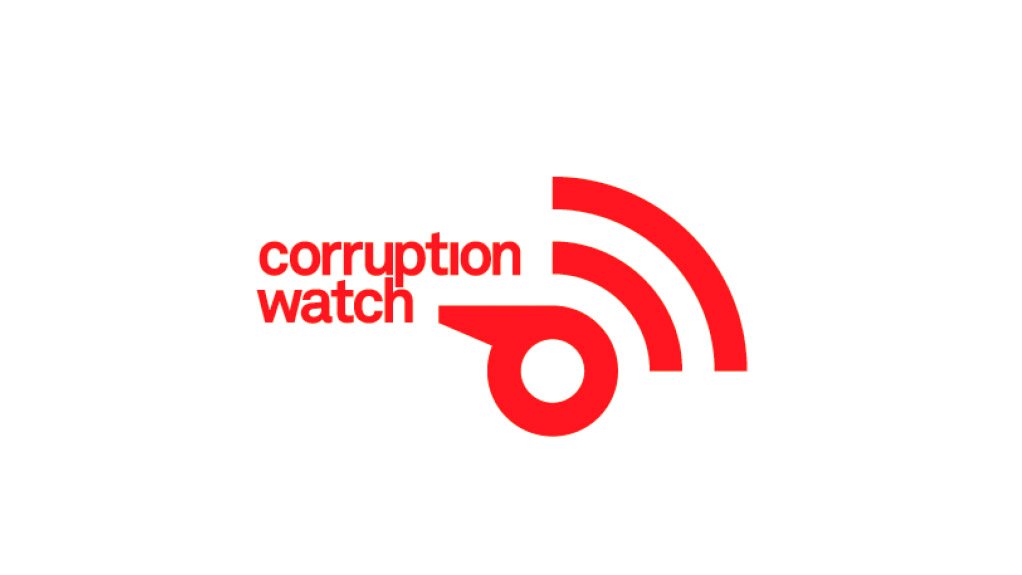Corruption Watch (CW) said the approval of a new global standard on beneficial ownership transparency is a win for the fight against corruption, money laundering and other financial crimes around the world following the implementation of the revised recommendation 24.
CW was a signatory with eleven African Transparency International organisations and submitted a letter to the heads of delegations at last week’s Financial Action Task Force (FATF) meeting in Paris.
CW legal researcher Mashudu Masutha said CW believes that the standard will prevent corrupt individuals and criminals from hiding behind anonymous companies, and will reveal the true beneficiaries of companies, wherever they are operating.
“This new global standard from FATF provides a welcome point of entry for the government to address the key issue of corporate opacity. This amplified level of transparency calls for the government to put in place an actionable policy that will provide citizens with knowledge of exactly who the government is doing business with. It will allow financial institutions to effectively tackle financial crime, and prosecuting authorities to identify politically exposed persons in corruption cases,” she adds.
CW believes the adoption of a global standard that ensures beneficial ownership transparency has particular significance in sectors such as mining.
Masutha says reports of large-scale corruption between mining companies, local government and traditional leaders have had a devastating effect on mining communities across South Africa, with millions siphoned from tribal accounts.
CW’s campaigns have advocated for greater accountability and transparency in the sector, including commitment to the Extractive Industries Transparency Initiative.
However, Masutha notes that there is still evidence of cross-border corruption and money laundering, as well as illicit financial flows from South Africa and the rest of Africa.
She says it is concerning that the progress in implementing the standards already in place has been too slow and uneven and that it has allowed corruption to continue unabated and contribute to growing inequality in the country.
“The work is just beginning and the implementation of recommendation 24 will go a long way to building trust and confidence of not only public procurement but also the business environment in key economic sectors such as mining, and indeed more broadly across the whole economy,” Masutha concludes.
Edited by: Sashnee Moodley
Senior Deputy Editor Polity and Multimedia
EMAIL THIS ARTICLE SAVE THIS ARTICLE
ARTICLE ENQUIRY
To subscribe email subscriptions@creamermedia.co.za or click here
To advertise email advertising@creamermedia.co.za or click here













